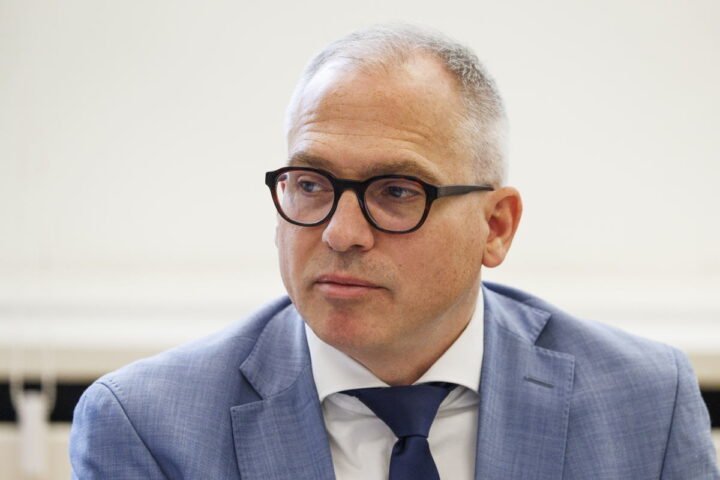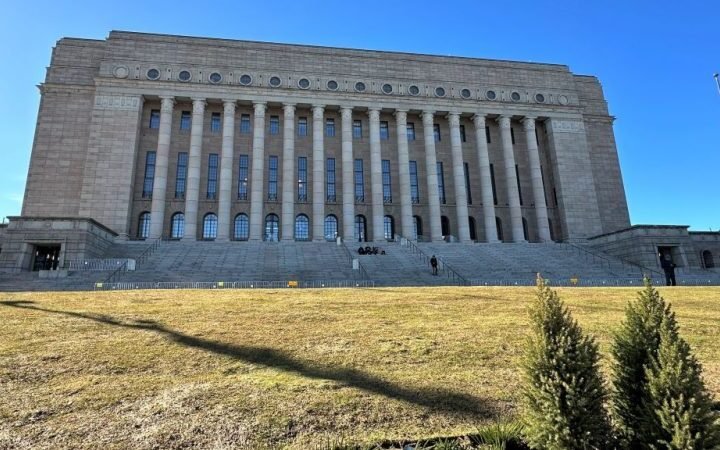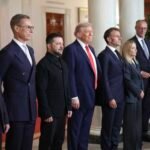Paris, July 1 — French President Emmanuel Macron held a rare phone conversation with Russian President Vladimir Putin on Monday, marking their first direct contact in nearly three years. According to official statements from the Élysée Palace and the Kremlin, the call focused primarily on the escalating conflict between Israel and Iran, but also included a tense exchange on the ongoing Russian invasion of Ukraine.
The two-hour discussion came amid mounting international concern over the risk of broader regional destabilization in the Middle East. As permanent members of the UN Security Council, both France and Russia acknowledged their responsibility to help de-escalate the Israel-Iran confrontation. However, on the war in Ukraine, the call underscored the deep and enduring divisions between Moscow and the West.
Macron reaffirms support for Ukraine
During the call, Macron reiterated the West’s position, calling on Russia to immediately cease hostilities and withdraw its forces from Ukrainian territory. “The president once again stressed France’s commitment to Ukraine’s sovereignty and territorial integrity,” the Élysée said.
Putin, for his part, repeated long-standing accusations that the war was provoked by the “collective West” — a narrative that Western leaders have consistently rejected as disinformation. According to the Kremlin, Putin emphasized that Western actions had allegedly created the conditions for the conflict. No signs of compromise emerged.
No shift in Russia’s stance
The conversation confirmed that the Kremlin remains firmly committed to its original war objectives, including territorial claims over parts of sovereign Ukraine. Macron, speaking on behalf of broader Western allies, made clear that France sees no path to normalization with Moscow while Russia continues its military aggression and occupation.
While the direct channel of communication was reopened for the first time since autumn 2022, French officials were quick to underscore that the call does not signal the end of Russia’s diplomatic isolation. “This dialogue changes nothing in terms of policy,” one senior official was quoted as saying.
Middle East coordination amid sharp divisions
On the Israel-Iran conflict, Macron and Putin expressed mutual concern about the potential for escalation and nuclear proliferation. Both leaders emphasized the need to bring Tehran back into compliance with its obligations under the Non-Proliferation Treaty and restore cooperation with the International Atomic Energy Agency.
However, analysts note that this limited coordination does not imply any broader rapprochement between Paris and Moscow. “There are tactical overlaps, but strategic divergence remains,” said one European diplomat briefed on the call.
Strategic implications for Europe
The conversation underscored what French officials describe as a “clarifying moment”: the Kremlin’s refusal to shift course confirms that Russia’s leadership remains committed to pursuing its objectives through force — in violation of international law and European security architecture.
In this context, Macron’s clear messaging on Ukraine’s sovereignty and the continued backing of its Western allies carries significant weight. For Kyiv, the most consequential takeaway from the call is that France — and by extension, NATO and EU partners — remains firm in its support.
As long as Russia persists in its aggression, Western capitals appear resolute in maintaining pressure through sanctions, military aid to Ukraine, and diplomatic isolation of the Kremlin.










